Search Results
23 records found
A Bug’s Life (1998)
Pre-DecentFilms capsule review
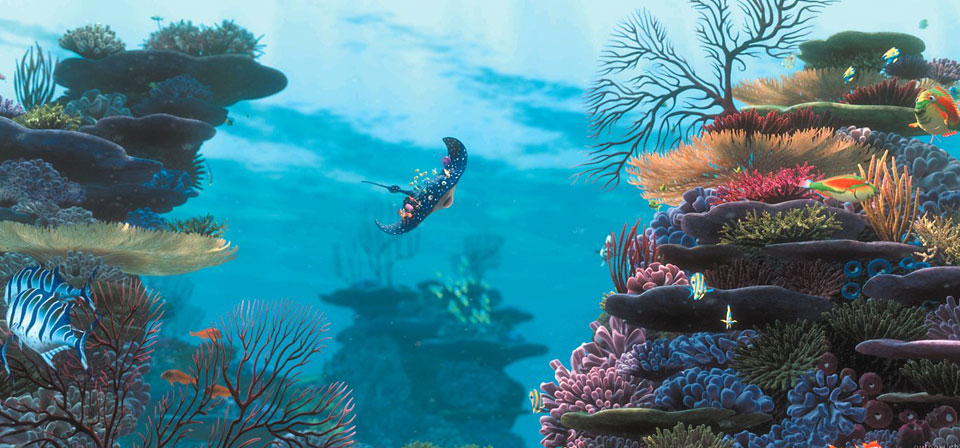
Finding Nemo (2003)
(New review for 3-D rerelease) Andrew Stanton’s Finding Nemo is the best father-son story in all of Hollywood animation, and maybe animation generally. It’s also a stunningly gorgeous film that exploits the potential of computer animation like no film before it and few films after it.
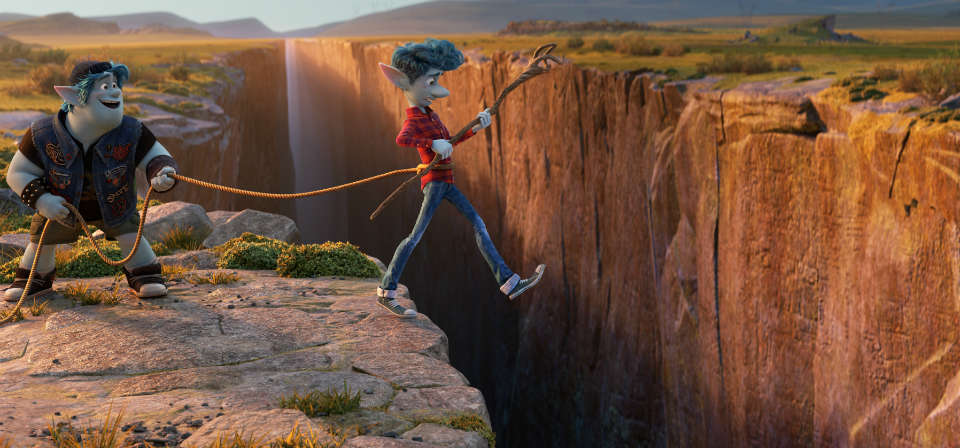
Onward (2020)
Pixar’s movies tend to play as metaphors for the creative rise and fall of Pixar itself. When someone says “Maybe this place isn’t as adventurous as it used to be,” it’s hard not to hear an echo of the filmmakers’ voices.
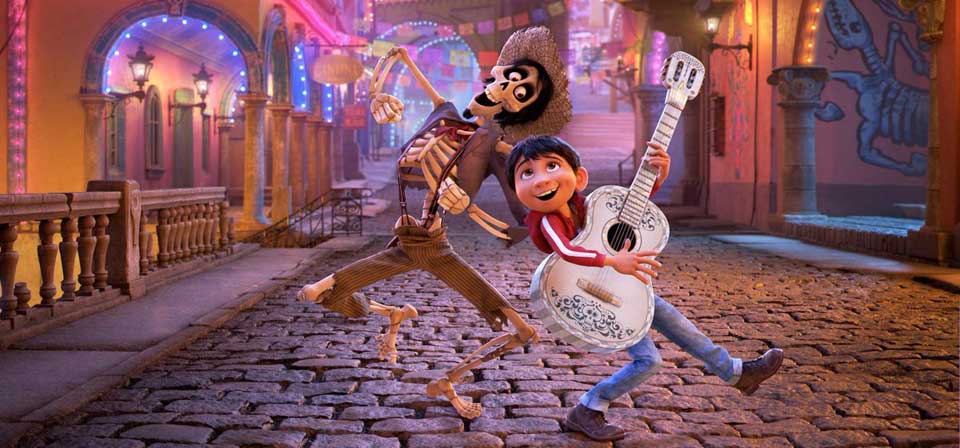
Coco (2017)
I’m tempted to say I’d like to see the version of Coco Pixar would have made 10 years ago. Not really, I guess, since then we wouldn’t have Ratatouille. Still, I can’t help wondering what the team that made Ratatouille might have done with Coco.
Monsters, Inc. (2001)
The world of Monsters, Inc. is a more artificial and contrived affair than the Toy Story world, and something of the figure of the Monster in myth and fairy tale and imagination has been lost. Yet there’s also a slyly satiric point: Childhood fears aren’t what they used to be.
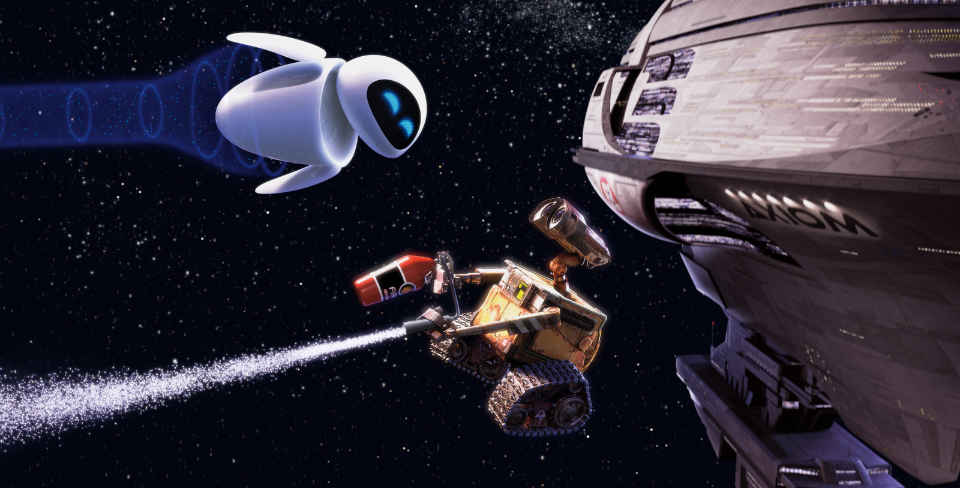
WALL•E (2008)
Even Pixar has never attempted anything on a canvas of this scale. From Monsters, Inc.’s corporate culture to Finding Nemo’s submarine suburbia, previous Pixar films have never strayed too far from the rhythms of real life. … WALL‑E creates a world that, despite clear connections to contemporary culture, looks and feels nothing like life as we know it, with unprecedented dramatic and philosophical scope.
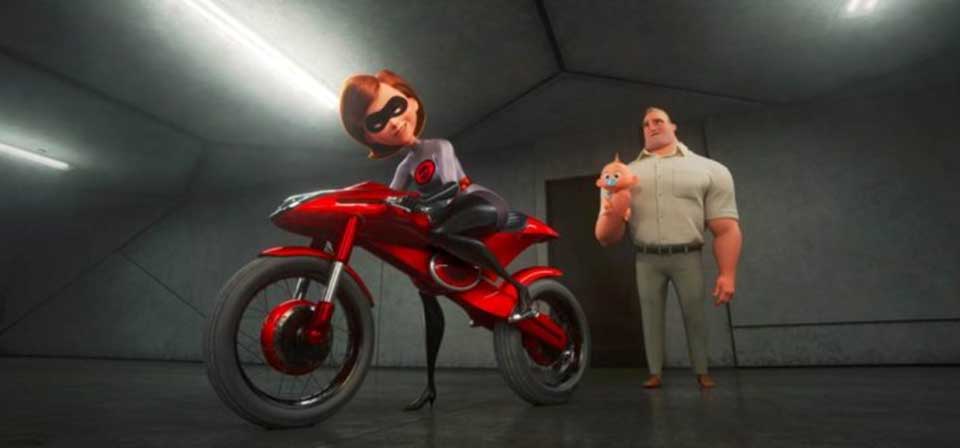
Incredibles 2 (2018)
As The Incredibles in its day towered over the Hollywood animation landscape of the last decade, so in some measure does Incredibles 2 in this decade — but what a different and diminished landscape it is today.

Up (2009)
As wonky as the proceedings get, director Pete Docter (Monsters, Inc.) and screenwriter and co-director Bob Peterson (Finding Nemo) never entirely lose touch with the ragged human emotions underlying the story. There’s an obvious metaphor in the film itself for the strange blend of realism and zaniness, partly tethered to solid ground, partly twisting in the capricious winds of whimsy.
Brave (2012)
Among Hollywood animated films, it may be the most positive affirmation of family since The Incredibles and the best fairy tale since Beauty and the Beast.
Ratatouille (2007)
Ratatouille is a revelation — a delightfully surprising discovery in a genre that seldom surprises even savvy youngsters, a warm and winsome confection that will be treasured by viewers young and old long after the mediocrities of summer 2007 have been justly forgotten.
Cars 2 (2011)
Visuals aside, Cars 2 is the first Pixar film ever (or at least since A Bug’s Life) that could one could easily imagine as a DreamWorks film—circa Shark Tale perhaps, with its punningly fishified analog of the human world. Or, with its frenetic action and gimmickry, Cars 2 bears some resemblance to a Blue Sky Studios cartoon (circa Robots, say, or Rio, with its world culture flavor). In a word, not only is Cars 2 mediocre, it doesn’t even feel like mediocre Pixar.
Monsters University (2013)
Monsters University, from first-time director Dan Scanlon, is a charming, well-crafted trifle — at least until the subversive last act, when it sets its sights a bit higher.

Inside Out (2015)
Inside Out is a rare family film for so many reasons: a story with no villain, for one thing, centering on an imperfect but basically happy intact family going through a tough time. It is a wise and wounding depiction of growing up, a story of growth and loss, with real stakes and real consequences.
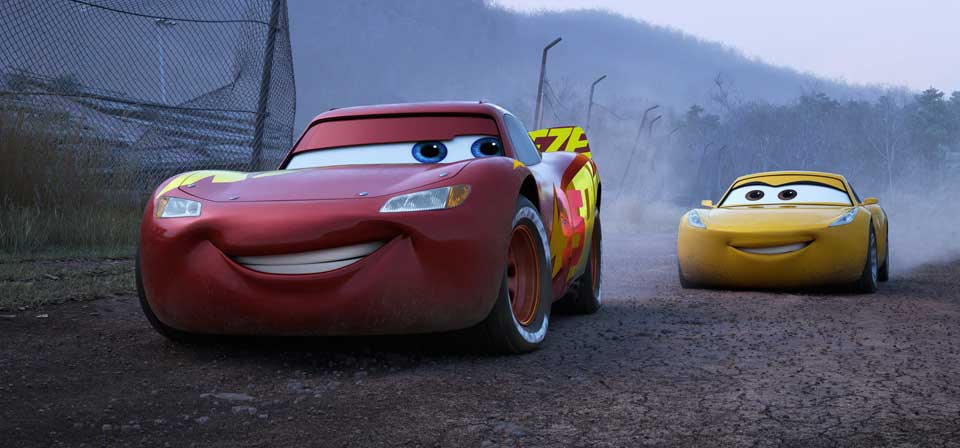
Cars 3 (2017)
At this point it seems like too much to hope for that any Pixar sequel, let alone a Cars sequel, should function smoothly from start to finish, but at least it ends well.
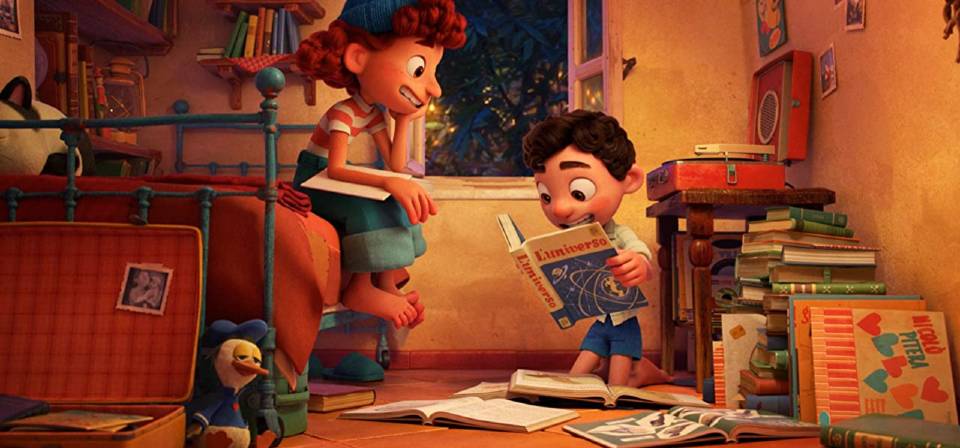
Luca (2021)
In Pixar’s Luca, a gentle, overtly Miyazaki-esque coming-of-age period piece struggles under the heavy weight of iron-clad Disney/Pixar formula requirements and story beats. The charming elements work well enough to carry the film, but only just.
Toy Story (1995)
Toy Story, the first-ever fully computer-animated feature and the film that put Pixar Studios on the map, is more than a technical tour de force. It’s moviemaking alchemy — a breathtakingly perfect blend of wide-eyed childhood wonder and wry adult humor, yesteryear nostalgia and eye-popping novelty, rollicking storytelling and touchingly honest emotion.
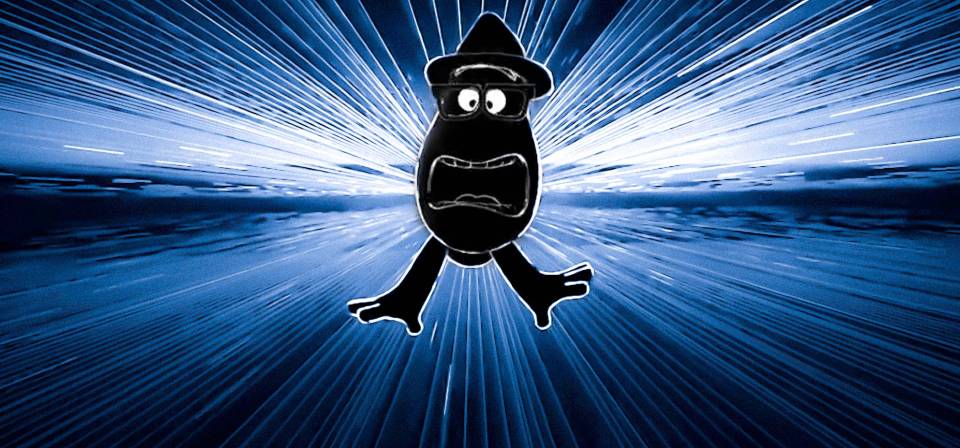
Soul (2020)
Pete Docter’s Soul is Pixar’s third straight original feature, following Coco and Onward, that is explicitly about death, finality, and, in some way, what lies beyond.
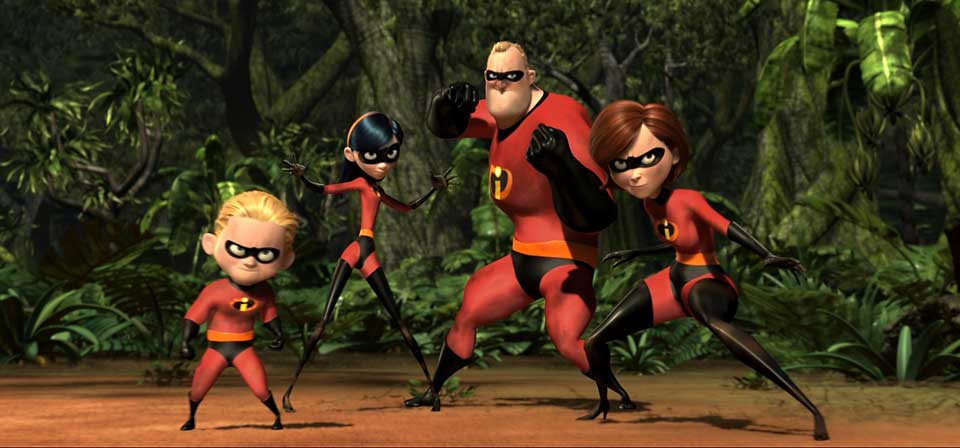
The Incredibles (2004)
The Incredibles is exhilarating entertainment with unexpected depths. It’s a bold, bright, funny and furious superhero cartoon that dares to take sly jabs at the culture of entitlement, from the shallow doctrine of self-esteem that affirms everybody, encouraging mediocrity and penalizing excellence, to the litigation culture that demands recompense for everyone if anything ever happens, to the detriment of the genuinely needy.
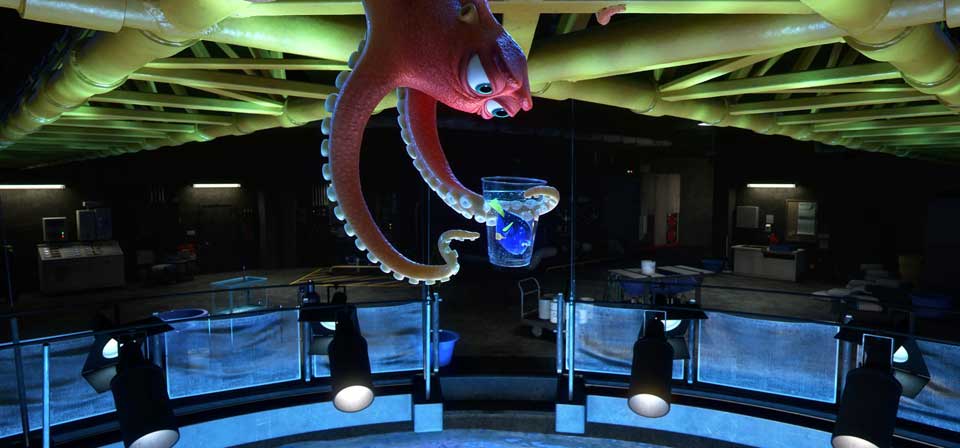
Finding Dory (2016)
Hank the octopus is a particular standout. Hank’s squash-and-stretch movements push computer animation to yet another high-water mark, and his mad skills are highly entertaining — so entertaining, in fact, that I kind of wish the movie had been about him.
Toy Story 2 (1999)
It’s the best kind of sequel, the kind that neither repeats the original nor merely adds to it, but lovingly builds upon it and goes beyond it into narrative and emotional territory no first film could reach.
Recent
- Benoit Blanc goes to church: Mysteries and faith in Wake Up Dead Man
- Are there too many Jesus movies?
- Antidote to the digital revolution: Carlo Acutis: Roadmap to Reality
- “Not I, But God”: Interview with Carlo Acutis: Roadmap to Reality director Tim Moriarty
- Gunn’s Superman is silly and sincere, and that’s good. It could be smarter.
Home Video
Copyright © 2000– Steven D. Greydanus. All rights reserved.